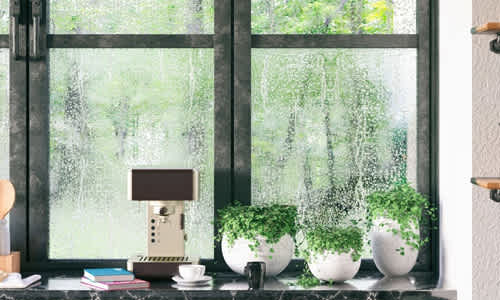Where to Skimp and Where to Save on Home Renovation

Budget Twice, Spend Once
No, you don't really need to be thinking about budgeting twice. What you should do is make sure that your initial budget includes all costs, including ones like:
- Wasteage
- Building permits
- Council permission and/or fees
- Professional experts
Tiles are going to break. They're going to have to be cut into odd shapes to fit into corners and other spaces. You're also probably going to want to have some extra material (especially if it's tiles) to replace wear and tear down the line. Building permits and council fees are non-negotiables that need to be factored into anything you do, and often get missed out.
And, unless you're a professional yourself, you can only DIY up to a certain point before potential disaster. For things like plumbing, electrical and structural work, it's probably best to work with professionals. As a good rule of thumb, get 3 quotes (including cost and timeline) for each job or service required before deciding on any one in particular.
While not a line-item in your budget, something to keep in mind with everything you're planning is how long you expect to be staying. If it's a starter home rather than your forever home, it may not make as much sense to spend 50 grand doing a full kitchen renovation, rather focusing on superficial changes will probably give you more bang for your buck, especially if it's an investment property or one you're planning on selling in the shorter term.
Splurge or Save?
Whatever room or section of the house you're renovating, there are a few fundamental concepts to help guide both the areas you splurge on and where you save. For splurges:
- Fundamentals: Things like insulation, windows, doors, energy efficient appliances, permanent fixtures (bathtubs, for example) will directly affect your quality of life and while you don't need to spend all your money on them, they probably should be more than the cheapest option on the market.
- Most used: Where in your home do you spend the most time? A movie-lover might want to invest in a high-tech entertainment centre, whereas a family may prefer a large, comfortable sofa.
- Focal points: What is your eye drawn to when you enter the room? The fireplace? The entertainment centre? Whatever that may be, it's probably worth spending a bit of time and effort to make sure they're structurally sound and reflect well on the space.
In terms of saving:
- Alternatives: If you're looking to save, this is one of the easier places to start - look at any additional flair like decorative tiles, moulding, trim, flooring. Anything in your build you currently have as premium materials could probably be replaced with something less expensive (and using the standard size or default material).
- Customisation: Another big one is customisation, especially if you're tearing down walls. Something that makes specific sense for you and your situation will most likely not make sense for the person who owns the property after you. Specifically for bathrooms - if you don't move the plumbing, you can save a lot. Non-standard choices for anything - from cabinetry to windows, countertops to finishes - will only add more money to your final bill, without much payoff, and more costs down the line when things need replacing or repairing.
- DIY: While it may not be easy to hear, doing some of the basic work yourself could definitely help you in the long run. We aren't all experienced tradies, but pretty much anyone can tear things down, sand wood or fill gaps.
- Cosmetic Fixes: If you're hoping to give a particular area a second life, rather than ripping up floors or changing out big fixtures, try changing out smaller things like paint colour or small accents first (handles, cushions, shower screen, taps, curtains).
You can also earn some money back after the renovation, if you're careful. Rather than ripping out those old cabinets willy-nilly, or throwing away that old table you never use it may be worth trying to keep them intact and resell them for a small sum. You may even want to spend some time putting a new coat of paint on them to spruce it up a bit, and reuse them yourself in the new space.
Armed with these reminders about where to focus your spending, you're sure to save money and tackle your home renovation with ease.
You may also like
News, tips and offers straight to your inbox.


